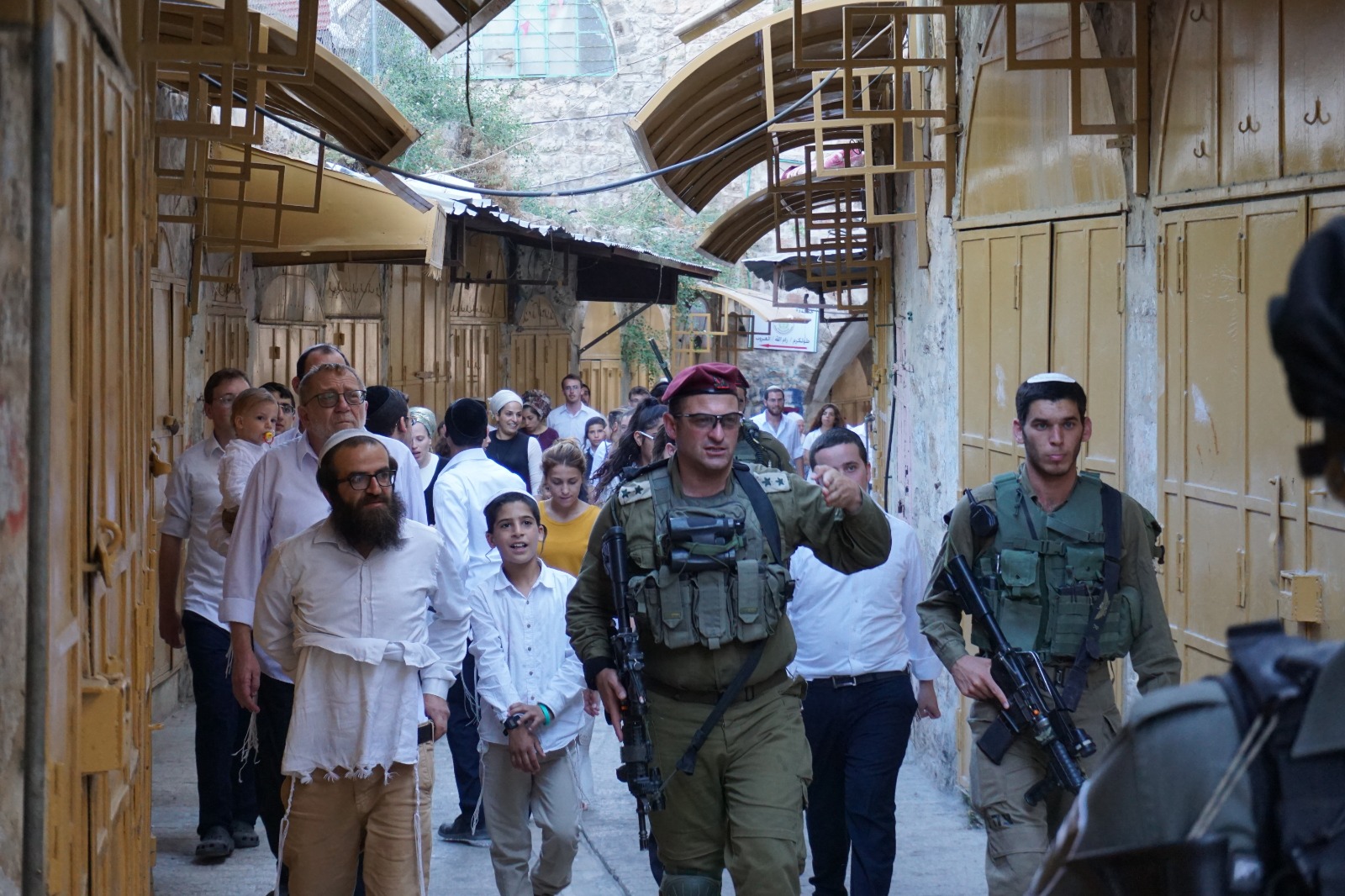Tag: Settler violence
-
Education under occupation
August 11 | International Solidarity Movement | Hebron, occupied Palestine Whilst continuing my work with ISM this year, I spent four weeks working at the Hebron/al-Khalil office of Defence for Children International focussing on the way that the occupation has compromised the access to education in the West Bank, East Jerusalem, and Gaza. It is…
-
Israeli settlers attack Palestinians and harass internationals, IOF arrest observers
August 11 | International Solidarity Movement | Hebron, occupied Palestine Yesterday in Tel Rumeida, the afternoon before Eid, settlers attacked an elderly Palestinian couple as they walked home. International activists in the area attempted to document the abuse. The soldiers were not protecting the Palestinians. They were allowing the actions of the violent settlers. …
-
Settler tour exemplifies the difficult reality of occupation in the Old City of Hebron – a photo essay
July 7 | International Solidarity Movement | Hebron, occupied Palestine Every Saturday, illegal Jewish settlers from around the West Bank take a “tour” of the busy souq (market) in Old City of Hebron, the busiest market street in the area since the closure of Shuhada Street. Local Palestinians believe that the Israeli authorities facilitate the…



